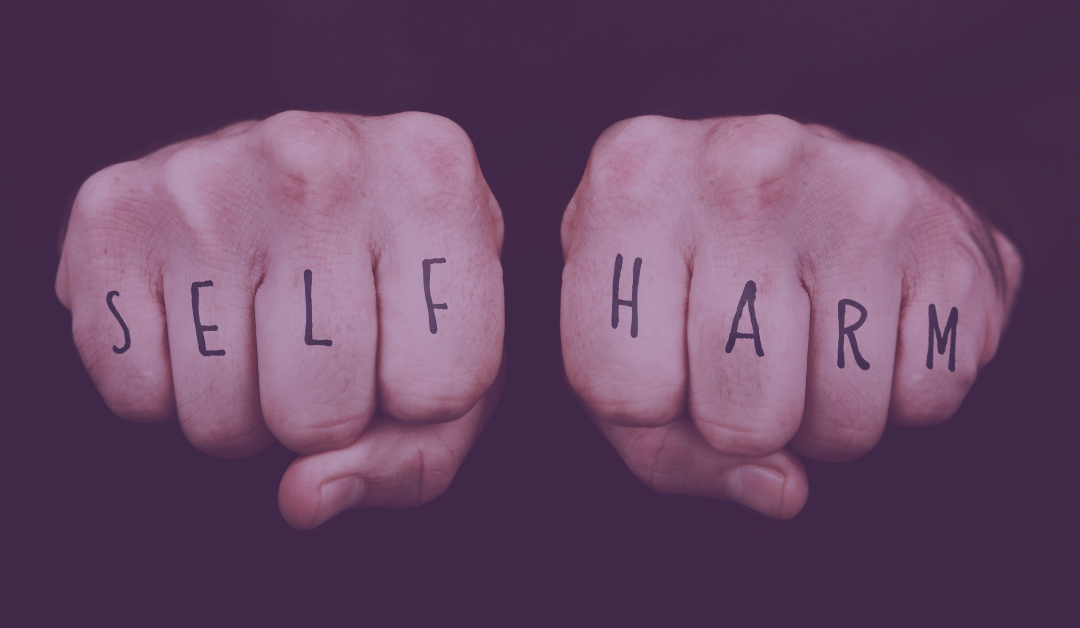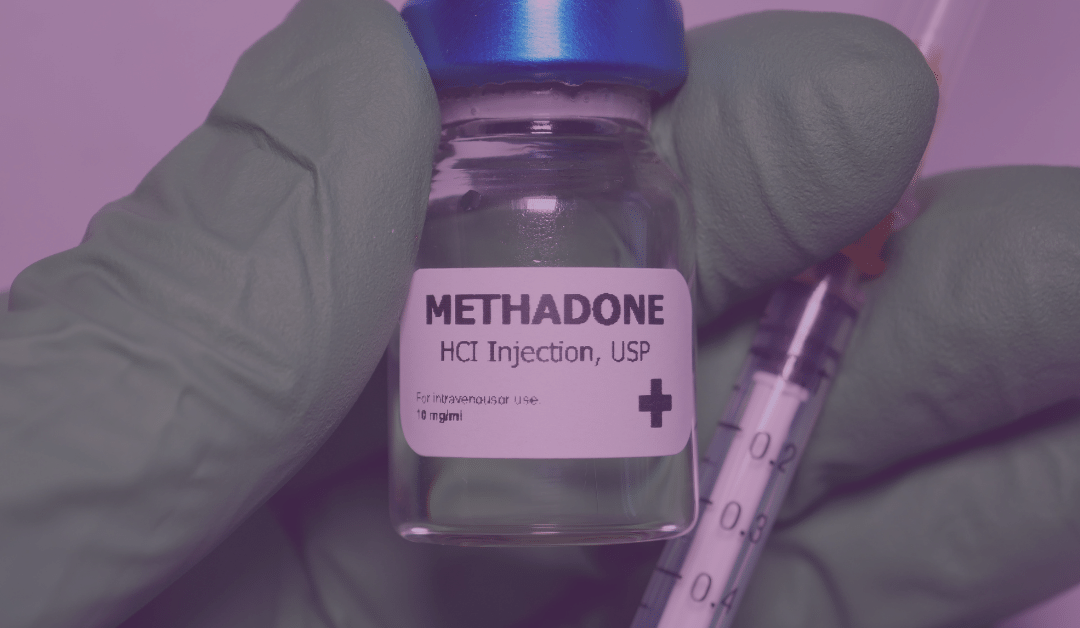
by Madeleine Craig | Jul 31, 2021 | Chaos to Clarity, Family Addiction
The short answer is you don’t.
However, you can nevertheless take actions in response to how their use is affecting you.
There is a lot of controversy around marijuana, especially around potential medical uses of it.
But here are some things we do and don’t know about it.
We do know that marijuana is addictive, and it does have psychotropic properties that impede cognitive and motor functions. The level of addictiveness and degree of impairment is somewhat less than other drugs, but it is nevertheless significant.
There is a lot of information about research done about the addictive nature of marijuana in the Surgeon General’s Report on Alcohol, Drugs and Health. There is a link to this report on the Resources page on this site.
Speaking of research however, the research on medical uses of marijuana is very limited because congress has placed severe restrictions on research of the plant.
There is significant anecdotal evidence, however, of numerous medical benefits of the plant, but research that could back these up is limited. That said, more and more is coming out every day.
The controversy over the potential medical uses of marijuana is also tied up with controversies over the power of pharmaceutical companies in the US in driving research and drug profits, and that’s not something that can be addressed in this workshop.
So, in short, a discussion with your loved one around problems the marijuana use is creating in their life and your relationship, and the degree to which your loved one is showing signs of being addicted, is likely to be more fruitful than a debate on its medical benefits.

by Madeleine Craig | Jul 31, 2021 | Chaos to Clarity, Family Addiction
No. It’s not true. Just go to any open 12-Step meeting and listen to people talk about how long they’ve been sober or clean, and you will see that they do work.
12-Step support groups are also a widely available and inexpensive source of the recovery support services that are proven to substantially improve recovery outcomes.
That doesn’t mean they work for everybody. They certainly don’t appeal to everybody.
Again, because they offer a spiritual solution and use the word God, they can turn some people off. Some people may have suffered traumatic experiences with religion and cannot create the level of safety and trust needed to work through the actions in the Twelve Steps.
A little bit of history might be helpful in understanding this debate. When Alcoholics Anonymous first wrote its textbook about the 12 Steps, they claimed an 80% recovery rate.
But it’s important to read that passage in the text very carefully.
They did not claim that 80% of everyone who walked in the door recovered.
They claimed that 80% of the people that worked all 12 Steps in a 6-month period and who continued to work with others recovered.
Many, many people don’t manage to work all 12 Steps or do so in a timely enough manner.
There are no studies to support this specific claim, although there are numerous studies that show that 12-Step recovery groups DO improve recovery outcomes.
Although this is purely anecdotal, many people with long term recovery through the 12 Steps still estimate that, among the people who do work all 12 steps in a timely manner and continue to work with others, a similar figure of recovery prevails even today. There is no reliable data on these numbers however.
Even if the spiritual aspect is not a problem, 12 Step recovery is very humbling work.
Just read the steps and you will quickly see what I’m talking about.
There are some who struggle to swallow their pride to the degree that the actions suggested in the steps demand. The Steps may not work for those people.

by Madeleine Craig | Jul 31, 2021 | Chaos to Clarity, Family Addiction
Harm reduction is a response to a number of issues with substance use.
First, harm reduction is a response to the addiction epidemic that acknowledges that not every addicted person will find the wherewithal to choose to recover.
Second, it acknowledges that sobriety is not the only way for people to recover.
In the face of the first acknowledgment, proponents of harm reduction propose policies and actions that serve to reduce the harm addicted people do to themselves and others.
Needle exchange programs are one form of harm reduction in that they reduce the transmission of infectious disease. Safe injection sites serve to reduce the rate of fatal overdoses.
These practices are about keeping someone alive and safe until they can make a small change in any positive direction.
Other proponents of harm reduction seek to decriminalize drugs in order to lower the market price of illicit drugs and thus reduce the amount of crimes that are committed by addicted people in an effort to obtain substances. This keeps substance users out of jail, as incarceration has worsens the problem of substance use.
Please note that decriminalization only makes possession of illicit substances for personal use legal. It does not make production and sale of illicit substances legal.
For those for whom complete sobriety is not absolutely necessary, it promotes reducing drug or alcohol use to safe levels. Often, insisting on sobriety can actually deter a person from making positive change. With the option to just reduce the level of use, people may be more willing to ask for help.

by Madeleine Craig | Jul 31, 2021 | Chaos to Clarity, Family Addiction
This is another area where stigmas around addiction still persist and where there is still much to be learned.
There are several things to think about when considering medically assisted treatment.
For a long time, abstinence-only approaches, where the person abstains from any drug whatsoever, were the only ones known to positively affect addiction outcomes. This is no longer true.
While abstinence is may be necessary for severe substance use disorder, medical advances have discovered treatment protocols for addiction that sometimes include medication, often an opioid derivative, that significantly reduces cravings but does not have psychotropic effects.
Withdrawal from opioids in particular is incredibly challenging.
Even after the withdrawal period, the powerful cravings for the substance can be very difficult to resist. The body’s physical dependence on the substance is very challenging to overcome.
In light of the skyrocketing rates of opioid addiction and fatal overdoses, opting for medically assisted treatment can be life-saving. And the statistics overwhelmingly bear this out. A person cannot recover if they die from an overdose.
Depending on the level of use, withdrawal from alcohol is also very challenging and will need to be medically assisted to prevent seizures, and even the risk of cardiac arrest. For that reason, I want to make the side not that, if your loved one is heavily drinking, removing all sources of alcohol from them can have life-threatening consequences. I do not suggest doing this.
That said, there are some, and these are usually people from complete abstinence-based programs, that claim medically assisted treatment is not abstinence.
However, if a doctor recommends medically assisted treatment, there are a few things to keep in mind:
You may find that this is not even a debate worth getting into simply because the studies have unequivocally shown that medically assisted treatment saves lives.
Because it greatly reduces withdrawal symptoms and cravings, medically assisted treatment is scientifically proven to reduce opioid related fatal overdoses in particular.
If your loved one is addicted to opioids, medically assisted treatment helps keep your loved one alive – which is important! This is also true to a lesser degree for alcohol.
That said, it is also important to note that medically assisted treatment does nothing to alter any of the other factors that contributed to your loved one’s addiction, and it does not necessarily improve your loved one’s quality of life.
Your loved one will still have to address the other factors that contribute to their drug use – the people, the triggers, the stress, etc.
They will still have to rebuild their life, in other words. The medication will not do that part for them.
Furthermore, some treatment professionals believe that medically assisted treatment can interfere with an accurate diagnosis of any other co-occurring disorders. And not treating those co-occurring disorders will significantly increase the risk of relapse.
So this is a subject you will want to discuss thoroughly with a treatment professional.
The amount of time your loved one may need to remain on medication will depend. That can only be determined between your loved one and a qualified treatment professional.
Lastly, there is a chance your loved one can also abuse those medications, and it can be difficult to find a doctor certified to oversee your loved one’s medically assisted treatment as they require a special certification to prescribe these medications. That said, telemedicine is having a positive impact on this problem.

by Madeleine Craig | Jul 31, 2021 | Chaos to Clarity, Family Addiction
There ARE a lot of different models of treatment out there.
Your loved one will need to be assessed to determine the exact nature of his or her needs.
40% of people with substance use disorders also have another co-occurring mental disorder. Co-occurring disorders almost always need to be addressed along with the addiction as each disorder may be preventing recovery from either one.
Ideally, you will want a treatment center that uses evidence-based methodologies (and you should ask what these are and what the credentials are of care providers), and that addresses all of your loved one’s needs.
You will also want to ask if that treatment center has a family program, and if so, what the details of that program are.
However, your treatment options may well depend on your own financial ability, whether or not you have insurance, and what type of treatment your insurance will cover.
Although you will want to ask any treatment provider what their treatment model is and what kind of evidence they base that model on, for better or for worse, your treatment choice may need to be based on your finances and your insurance.
Please note, there are intensive recovery education programs around the country that are based solely on the 12-Steps.
While there may be much less evidence-based support for the effectiveness of these programs, they do work for a significant number of people and there are many, many people who recover using 12-Step recovery meetings alone.
12-Step support groups are officially considered “recovery support services,” which are incredibly important for long term recovery because they significantly improve the chances of long-term recovery and reduce the chance of relapse.
It can take up to seven years before the risk of relapse drops below 15%, and recovery support services, of which 12-Step programs are the most widely available, have been shown to effectively support the changes in behavior necessary for long-term recovery.
It is also not uncommon for people to go through traditional treatment and then spend another period of time in an intensive 12-Step recovery education program in order to ground themselves in the recovery support they will need moving forward.
And because these programs often do not offer medical treatment – they refer that out if it is needed, they can be much less expensive than traditional treatment.
They are not, however, covered by insurance.

by Madeleine Craig | Jul 31, 2021 | Chaos to Clarity, Family Addiction
While it’s not advisable to publicly broadcast your loved one’s alcohol or drug problems, it’s also important to remember that you need and deserve support.
Of course, you should share your experience with your loved one’s drug and alcohol use with trusted support people, but you should do so with the understanding that they will keep that confidential.
On the flip side, it’s also important to realize that it is NOT your responsibility to keep your loved one’s drug and alcohol use a secret.
Many people probably already know, and if that’s the case, it is generally not helpful for you to try to hide and cover up for your loved one. Often this only results in denying your loved one the consequences that could compel them to get help.
Again, I realize that sometimes those consequences may also implicate you to a serious degree.
There is no right answer in these cases, but wherever possible, speaking with a trusted support person, and a professional if necessary, and even taking the time to meditate, will help you decide what to do.
That said, covering up your loved one’s actions to protect yourself is almost never an effective strategy in the long term.
If you find yourself covering up your loved one’s behavior to protect yourself, that’s a very good sign that you should seek professional advice about more effectively protecting yourself in the long term without having to continually cover things up.
These are excruciating decisions, I know. So, again, please make sure you are seeking support from trusted people and from professionals where necessary.






Recent Comments